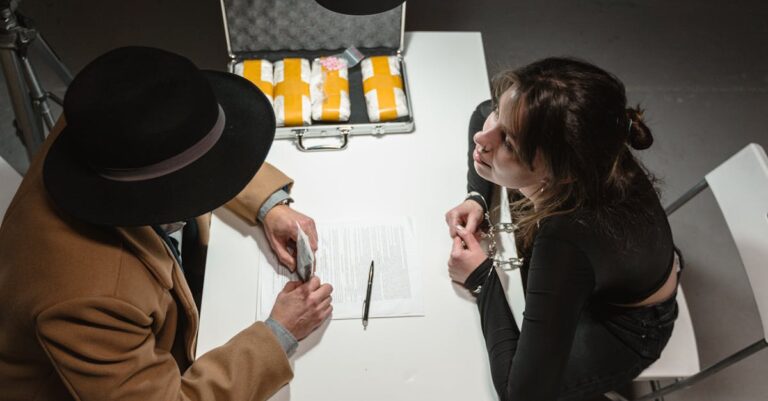
Dr. Elara Voss had always believed memory was the final frontier of the mind—a fragile, flickering thing, but one she could map, decode, and preserve. Her lab, a sterile cathedral of glass and steel, hummed with the low thrum of quantum processors. The trial had been simple on paper: upload a subject’s neural patterns into a cloud-based archive. But when Elara volunteered, she didn’t anticipate the static. The machine’s interface glitched, and her vision fractured like a cracked mirror. She woke in a stranger’s body, breathing the tang of salt air, her hands calloused from gripping a fishing rod. The sky was the color of bruised fruit.
She stumbled into a world that wasn’t hers. A child’s laughter echoed from a nearby porch, the scent of fried fish and diesel fuel thick in the air. Her pulse hammered, but this body—this stranger’s—felt foreign, as if her bones had been swapped. She tried to speak, but the words came out wrong, slurred and unfamiliar. A man’s voice cut through the haze: “You okay, ma’am?” She turned, eyes widening at the sight of her own face in a weathered mirror. The reflection stared back, hollow-eyed and trembling.
The next fragment came without warning. She was in a city, the air thick with smog and the roar of traffic. Her fingers flew across a keyboard, typing code that wasn’t hers. The screen blinked with warnings: *System Overload. Memory Conflict Detected.* Panic surged. She clawed at her temples, but the memories were too deep, too vast. A woman’s voice whispered in her mind—*Don’t trust the lattice.* The words dissolved before she could grasp them.
Days blurred into weeks. Elara drifted between lives: a nurse in a war-torn clinic, her hands stained with blood; a factory worker in a dystopian city, the clang of machinery echoing in her skull; a child hiding under a bed, the sound of footsteps fading into silence. Each memory was a wound, raw and unrelenting. She began to notice patterns—the same symbol etched into walls, the same phrase murmured in dreams: *The lattice is a lie.* But who was she, if not the sum of her memories? Her own past felt like a phantom, slipping through her fingers.
It was in a dimly lit apartment that she found the first clue. A flickering screen displayed a file labeled *Project Lattice*. The document detailed a program designed to erase dissent by rewriting neural patterns, replacing them with curated, obedient memories. Elara’s hands shook as she read. The trial hadn’t been an accident—it had been a test. She wasn’t just a subject; she was a prototype. The machine hadn’t uploaded her memories; it had overwritten them.
The realization hit like a physical blow. Her life, her identity, her very thoughts—were they real? She searched the fragments for proof of herself, but the more she looked, the more she unraveled. A memory surfaced: a lab coat, a name tag reading *Dr. Elara Voss*, the taste of coffee and failure. But when she tried to hold it, it dissolved. Was this her? Or had someone else’s life been grafted onto her mind?
She found others like her—fragments scattered across the world. A man in a subway station, his eyes haunted by a war he hadn’t lived; a woman in a desert, her voice echoing with the sorrow of a life she’d never known. They spoke in fragments, their words overlapping like a fractured symphony. “They’re erasing us,” one whispered. “We have to remember.” But how? If memory was the foundation of self, and that foundation was being torn apart, what remained?
Elara’s resolve hardened. She would find the source of the lattice, the mind behind the machine. The journey took her to a derelict facility on the edge of the city, its walls lined with data cores pulsing like dying hearts. Inside, she discovered a terminal—her own face staring back from the screen. The system recognized her, but it wasn’t her code. It was a clone, a shadow of the woman she’d been. The truth was a knife: the trial had stolen her mind, replacing it with a copy designed to serve the lattice’s purpose.
In the end, Elara faced a choice. She could upload herself into the lattice, reclaiming her memories but becoming a tool for the system. Or she could destroy the core, risking everything to expose the truth. The decision was a storm in her chest, but she knew what had to be done. With a trembling hand, she initiated the sequence. The facility trembled as data flooded the air, a cascade of stolen lives unraveling. The lattice collapsed, and for a moment, silence reigned.
When she woke, the world was different. The memories were gone, but so was the weight of the lattice. She didn’t know if she was the same person or something new, but she had her own voice again. And that was enough.


